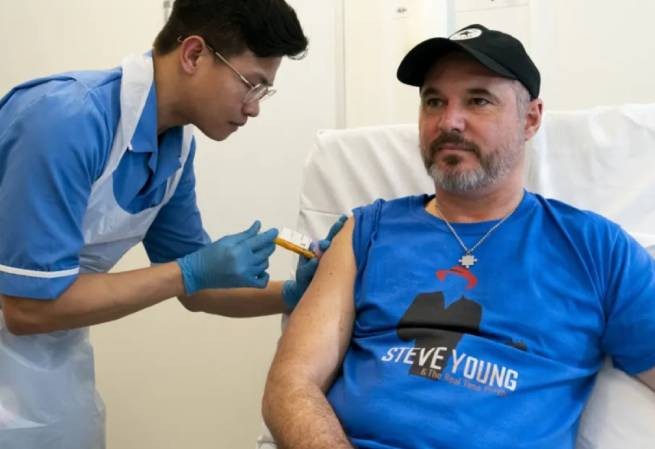Despite the excessive share of private costs in paying for medical services, the government is innovating in ways that do not benefit patients.
The Greek healthcare system is steadily moving towards complete privatization, which further limits the ability of citizens to access it.
Lack of staff
Due to the lack of staff in clinics, access to citizens in need of medical care in the morning hours is practically impossible. However Recruitment is still being announced. On the contrary, Health Minister Adonis Georgiadis made it clear regarding nurses that “outsourcing” (English: use of an external source and/or resource) will inevitably continue even if three-month contract extensions (with a limited duration) are granted. Outsourcing will reportedly not be limited to cleaners or other organizations’ “support services” provided to hospitals.
The National Health Service will be recruiting private doctors to operate, it has emerged following the announcement of paid day surgeries in hospitals, coupled with a hiring freeze. This is the next step after the introduction of a “single waiting list” for surgery, which is obviously unlikely to reduce the wait for patients, as Health Minister Adonis Georgiadis has already admitted, despite the implementation of the provision of the law from yesterday, February 1st.
Unmet health care needs are four times the national average EU (9% vs. 2.2%), with cost being the most important factor (8.8% vs. 1.1%), but the solution for the government is “deepening privatization.”
Health status of the Greek population
All this is happening at a time when, according to data ELSTAT, less than half of Greeks (47.8%) are in good health, with 5.8% in poor health (down from 4.8% in 2021) and a further 1.6% in very poor health. Additionally, a quarter of the population (24.9% in 2022, up from 24.3% in 2021) has chronic health problems, a trend that is increasing due to the aging of the nation.
Unmet medical needs
Under these health conditions, Greece has the highest poverty rate among eurozone countries, with more than a quarter of the population (26.3%) at risk of poverty and social exclusion, compared with other EU countries where the average is 21.6%. Concerning 12.3% of the population, ELSTAT admits that it is not able to cover their medical needs, mainly due to the high cost. This is despite the fact that households annually allocate 7.5% of their income to direct payments related to the health of family members.
Financing
Health care costs are covered by only 30.4% of the state budget, while the remaining 31.8% of funding comes from social security authorities, including contributions from employees and the self-employed. Direct payments from the population for the medical services they need reach 37.8%.
All of the above elements create an explosive mixture in society: the government is promoting further privatization of health care, evening surgery rooms where patients will be asked to pay for treatment.







More Stories
Where will Greeks go for Easter: the best domestic and foreign destinations
Fine 1200 euros for the bad habit of Greeks at Easter, who is at risk
UK: human trial of melanoma vaccine started